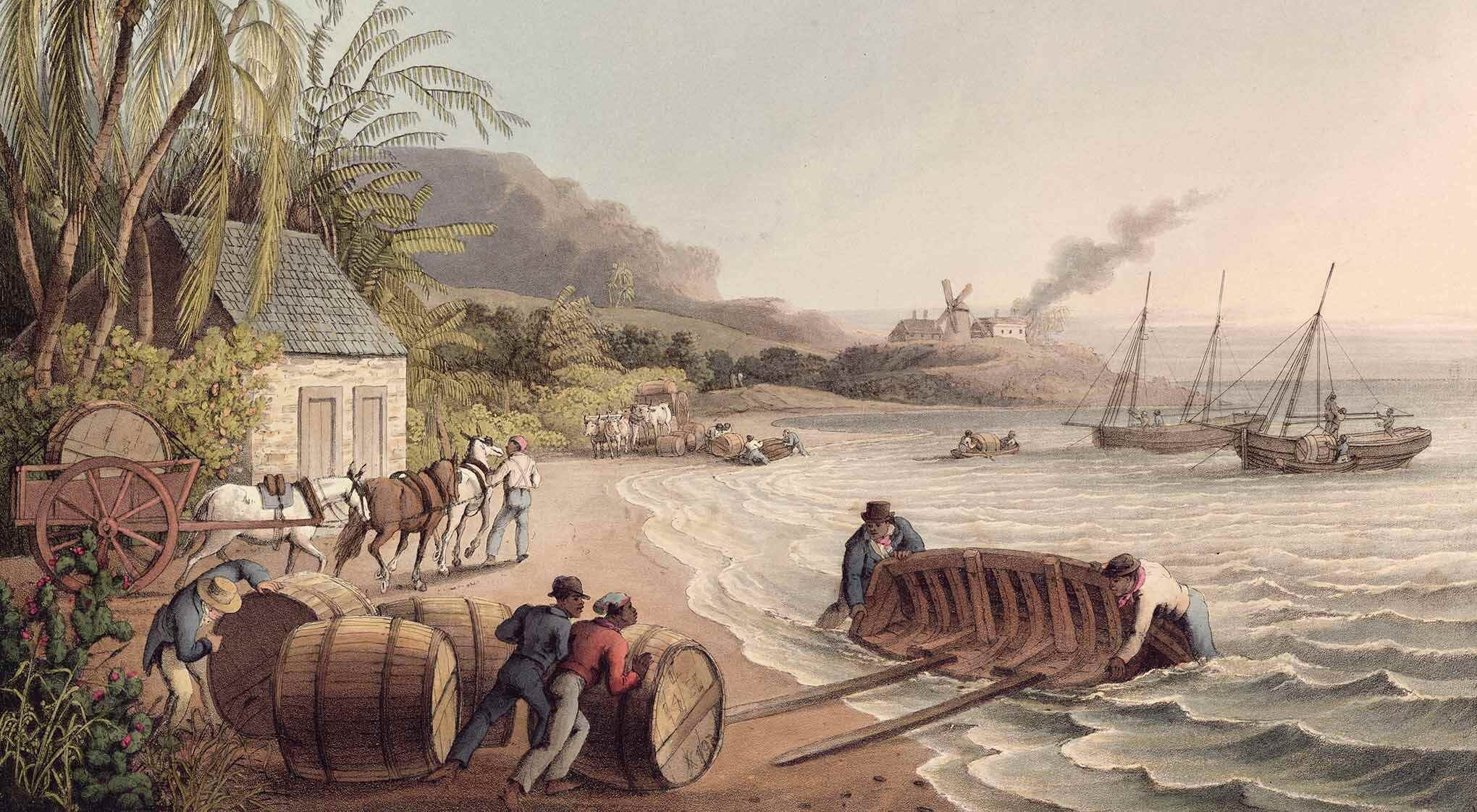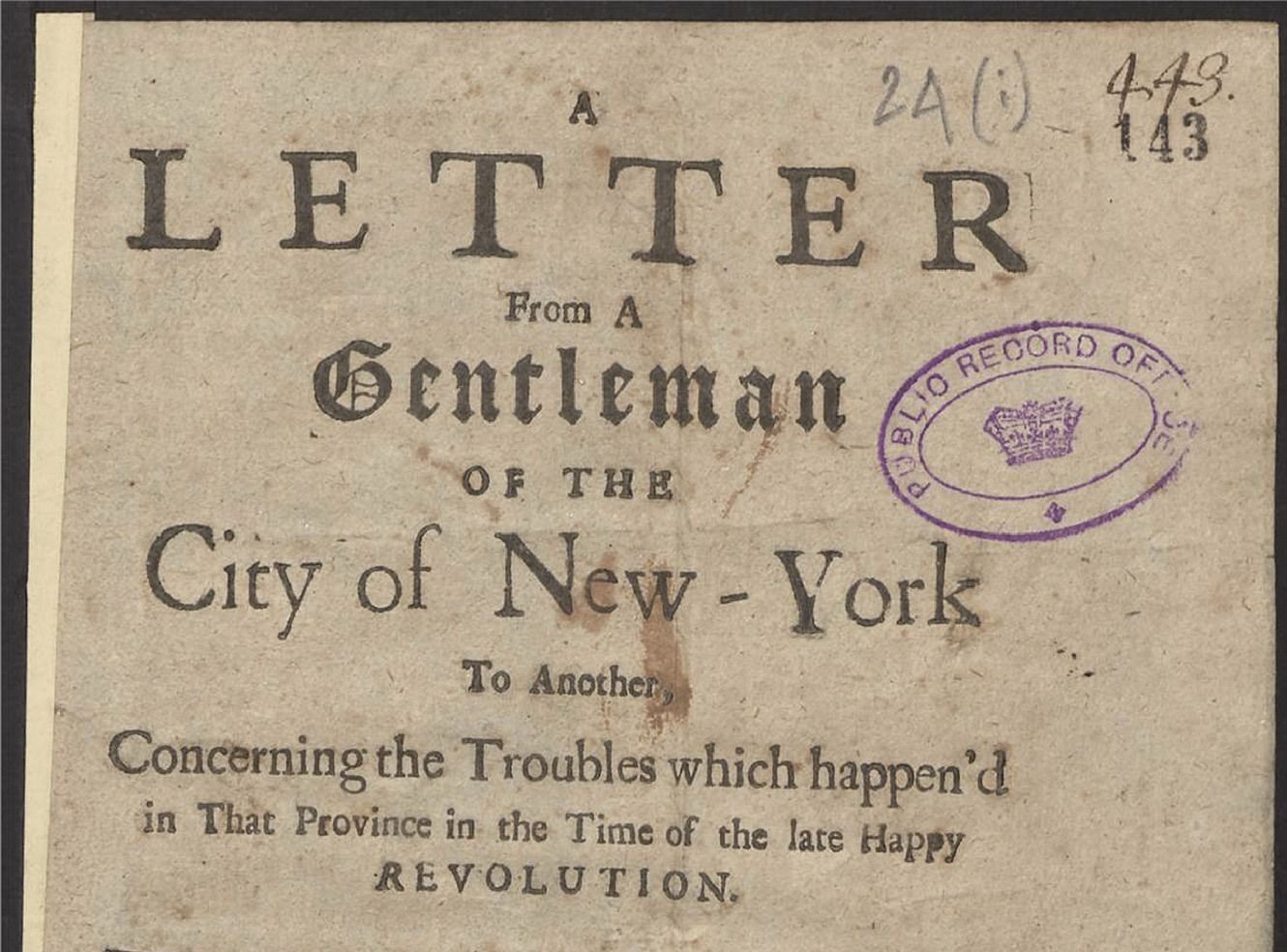Colonial Caribbean
CO Files from The National Archives, UK
The definitive collection of primary source documentation to explore life under British colonial rule.
This extensive digital resource covers three centuries of Caribbean history. Drawn from the vast archives of the British Colonial Office, this is simply an essential resource for all students and researchers of the Caribbean and British colonial rule.
This enormous range of unique primary sources covers British governance of 25 territories in the Caribbean from 1624-1872, meeting teaching and research needs across a wide variety of themes, from settlement and colonial rivalries in the region, to the economics of the plantation systems and the impact of slavery, to crime and punishment and the everyday lives of the people that called the islands home.
Colonial Office File Classes
- CO 7/1-144: Antigua and Montserrat (Original Correspondence)
- CO 8/1-31: Antigua (Acts)
- CO 23/1-203: Bahamas (includes Turks and Caicos Islands up to 1848)
- CO 28/1-213: Barbados
- CO 37/1-200: Bermuda
- CO 71/1-141: Dominica
- CO 101/1-130: Grenada
- CO 110/1-25: Guadeloupe
- CO 111/1-382: British Guiana, formerly Berbice, Demerara and Essequibo (Original Correspondence)
- CO 116/1-239: British Guiana, formerly Berbice, Demerara and Essequibo (Miscellanea)
- CO 123/142: British Honduras
- CO 137/1-454: Jamaica
- CO 152/1-106: Leeward Islands (Original Correspondence)
- CO 154/1-6: Leeward Islands (Acts)
- CO 166/1-7: Martinique
- CO 175/1-20: Montserrat
- CO 184/1-19: Nevis
- CO 239/1-123: St Christopher (St. Kitts), Nevis and Anguilla
- CO 245/1-10: Santo Domingo
- CO 253/1-147: St. Lucia
- CO 260/1-113: St. Vincent
- CO 285/1-88: Tobago
- CO 295/1-254: Trinidad
- CO 301/1-56: Turks and Caicos
- CO 314/1-22: Virgin Islands
- CO 318/1-260: West Indies
- WO 1/19-60,404-405: West Indies
Modules include
| Module | Summary | Date |
|---|---|---|
| Settlement, Slavery, and Empire |
This first module stretches from the turbulent years of early British settlement to the rise of the abolition movement, amongst the fierce rivalries with the Spanish, Danish, French and Dutch in the Caribbean region. 'Settlement, Slavery, and Empire, 1624-1832' documents the rise of absentee landlords, and traces the rise and decline of the slave trade, from the regular transportation of enslaved peoples through trade and shipping, to the rise of the abolition movement. |
1624-1832 |
| Colonial Government and Abolition |
The second module of Colonial Caribbean explores a crucial shift in the fight to end slavery. The documents cover the passing of the Slavery Abolition Act and the impact this had on the government of these islands, including the introduction of apprenticeships and resistance to the changes in legislation. |
1833-1849 |
| Economic Change and Indentured Labour |
The third and final module of the expansive Colonial Caribbean collection studies a turbulent period of economic decline and uprising across the region. The documents, drawn from The National Archives, UK, explore the rise of indentured labour of Chinese and Indian workers against a backdrop of injustice and poverty in previously enslaved communities leading to widespread rebellion across the Caribbean. |
1850-1870 |
Key data
Period covered
Source archive
- The National Archives, UK
- Absentee landlords and estate ownership
- Crime and punishment
- Finance and economy
- Trade and shipping
- Law and governance
- Mutiny and piracy
- Plantation governance, maintenance and labour
- Religion
- Slavery, abolition and emancipation
- Uprisings and revolts
- War and the military
- Appointments of Governors and Agents
- Census data and statistics
- Correspondence
- Draft bills
- Land Board papers
- Legislative acts
- Maps and plans
- Medical reports
- Military reports
- Newspapers
- Ordinances
- Petitions
- Proclamations
- Kristen Block, University of Tennessee
- Heather Cateau, University of the West Indies
- Christopher Hodson, Brigham Young University
- David Trotman, York University, CA
- Nuala Zahedieh, University of Edinburgh
- Dan Gilfoyle, Principle Records Specialist, The National Archives, UK
- Kristy Warren, Research Fellow with a focus on the Transatlantic Histories of People of African Descent, UK
- James Dawkins, University of Nottingham, UK
- Lizabeth Paravisini, Vassar College, US
- Communities, Peoples and Nations
- Ethnic and Indigenous Studies
- Great Britain, Republic of Ireland and Northern Irish Studies
- Latin American Studies
- Handwritten Text Recognition (HTR)
Collection insights
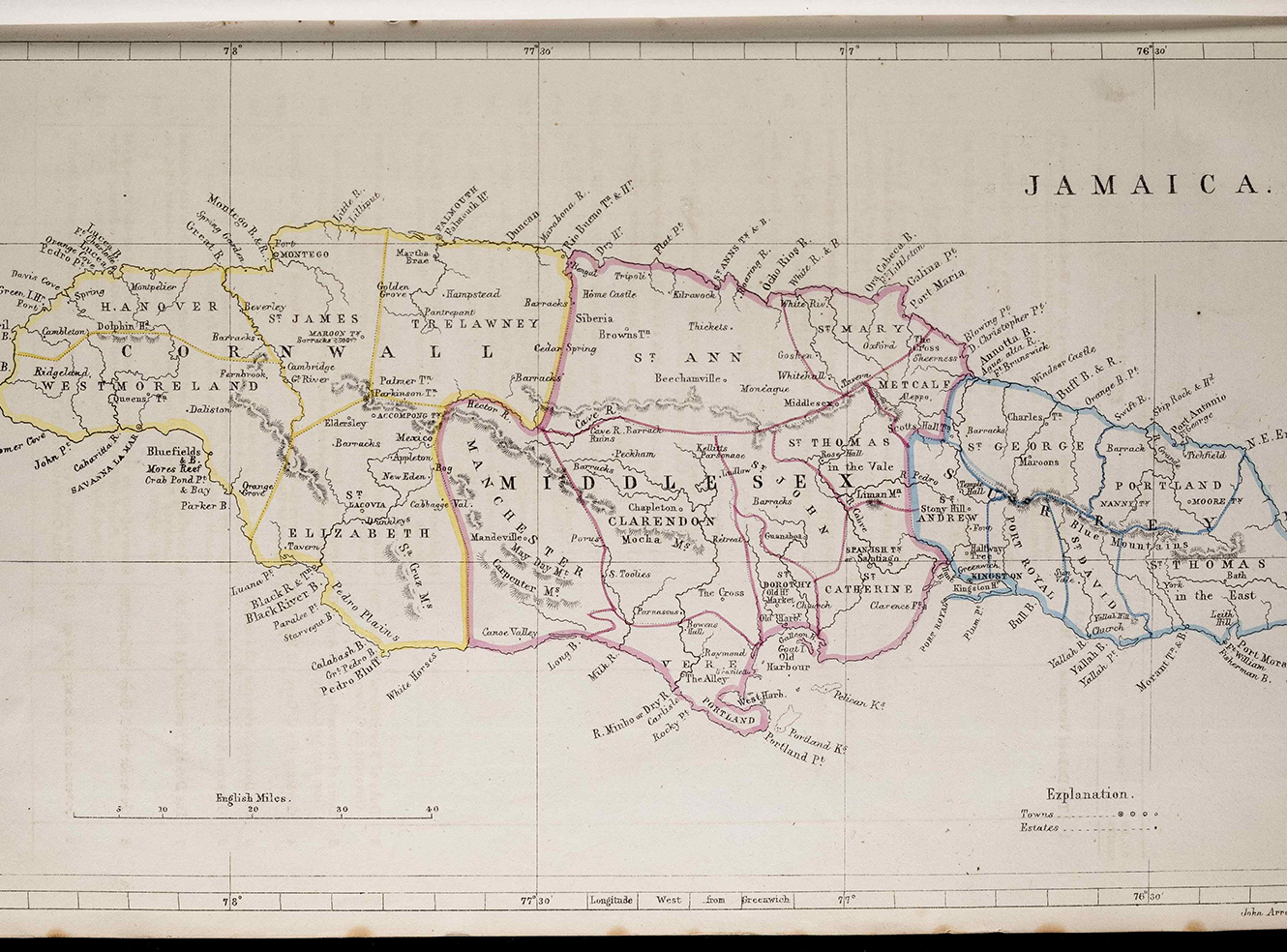
Beth Abbott, Editor, delves into reports, evidence and correspondence from another brutal chapter in the history of colonial violence in Jamaica in the third and final module of Colonial Caribbean . The Morant Bay Rebellion in 1865, marked a tragic episode in the Caribbean's history of colonial violence and this blog looks at the brutal response by Governor Eyre and colonial authorities, which led to indiscriminate violence and death and the subsequent Royal Commission of Inquiry.
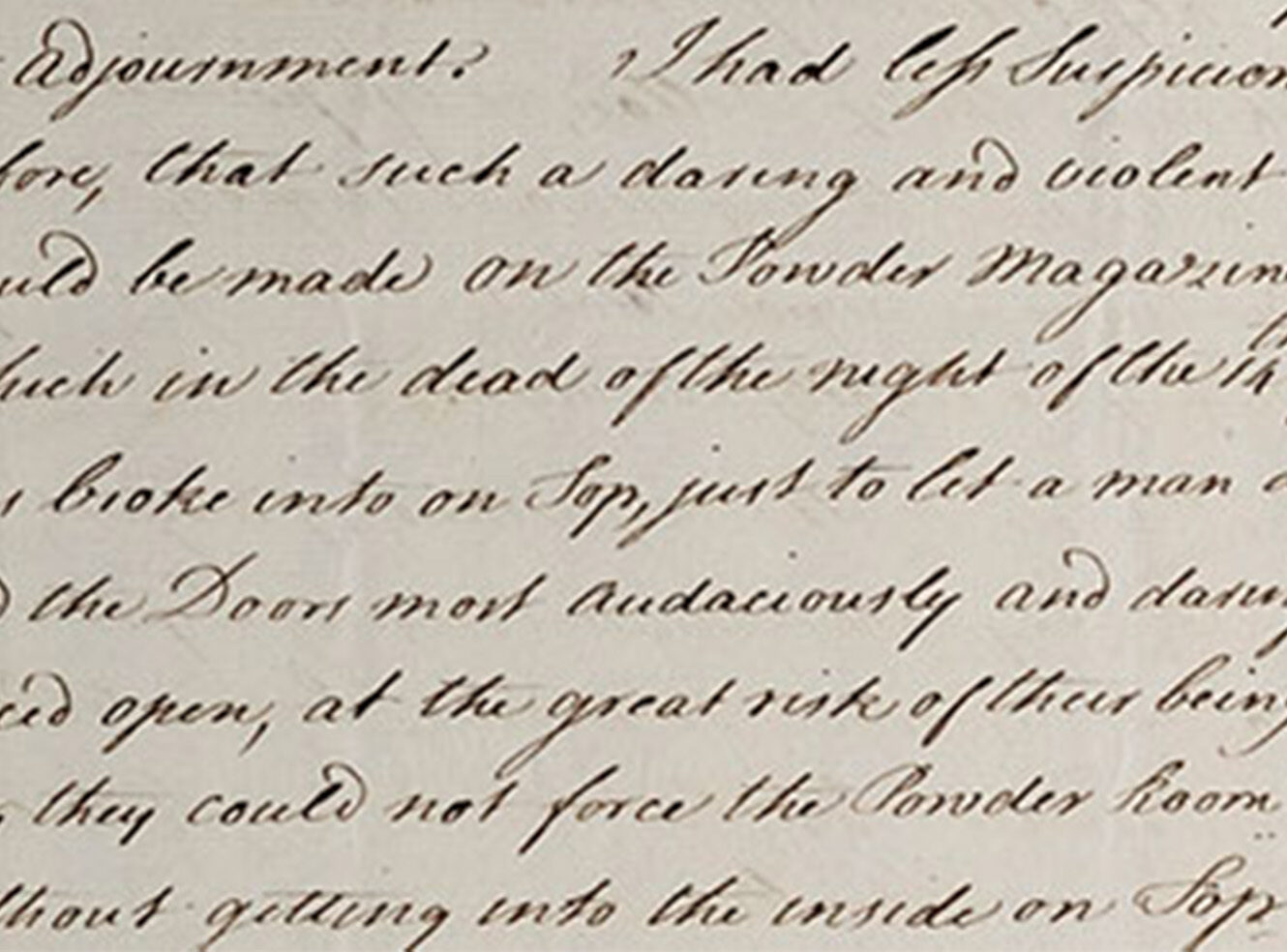
“The Powder magazine, which in the dead of night of the 14th August was broke into […] the doors most audaciously and daringly forced open, at the great risk of their being blown up”. So wrote George James Bruere on the 17th of August 1775 in his role as the Governor of Bermuda at the height of the American War of Independence.
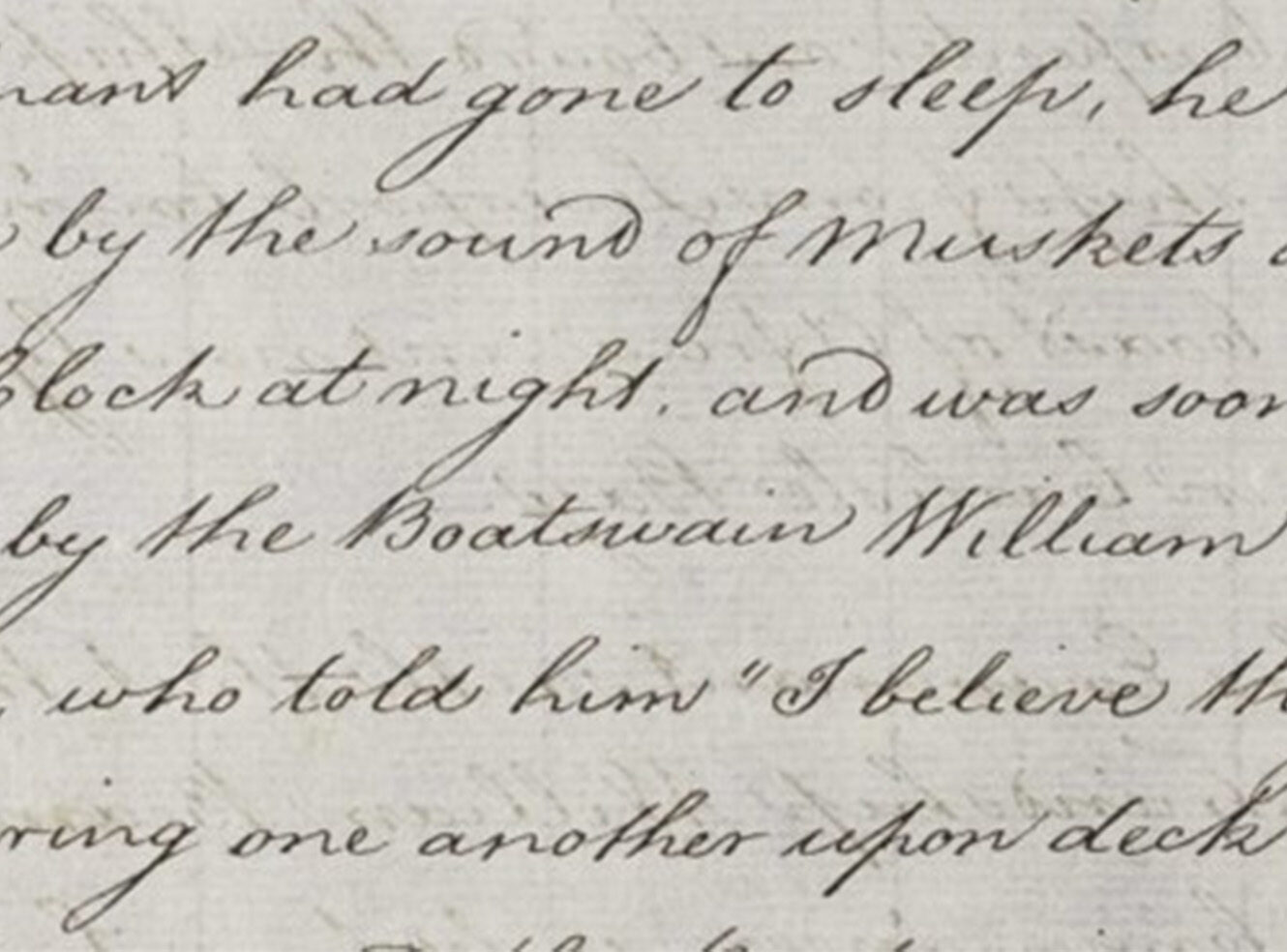
All my life, I have been drawn to stories of the sea. My grandfather’s bookshelf was lined with maritime histories, and I followed his lead to the best of my ability with bedtime tales of Captain Pugwash. My parents were scuba divers too, and a holiday wasn’t worth having if fifty per cent of it wasn’t spent in the water. It’s little wonder, then, that Colonial Caribbean captures my imagination the way it does – so many of the narratives in this vast and fascinating collection lead, in one way or another, to the ocean.
Reviews
This archive is a dynamic resource
- Author: Rob Tench
- Publisher: Library Journal

